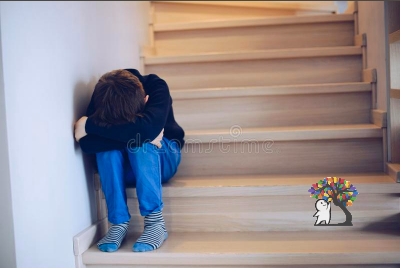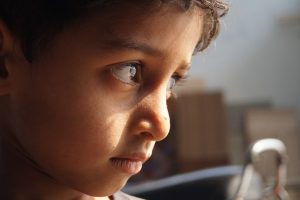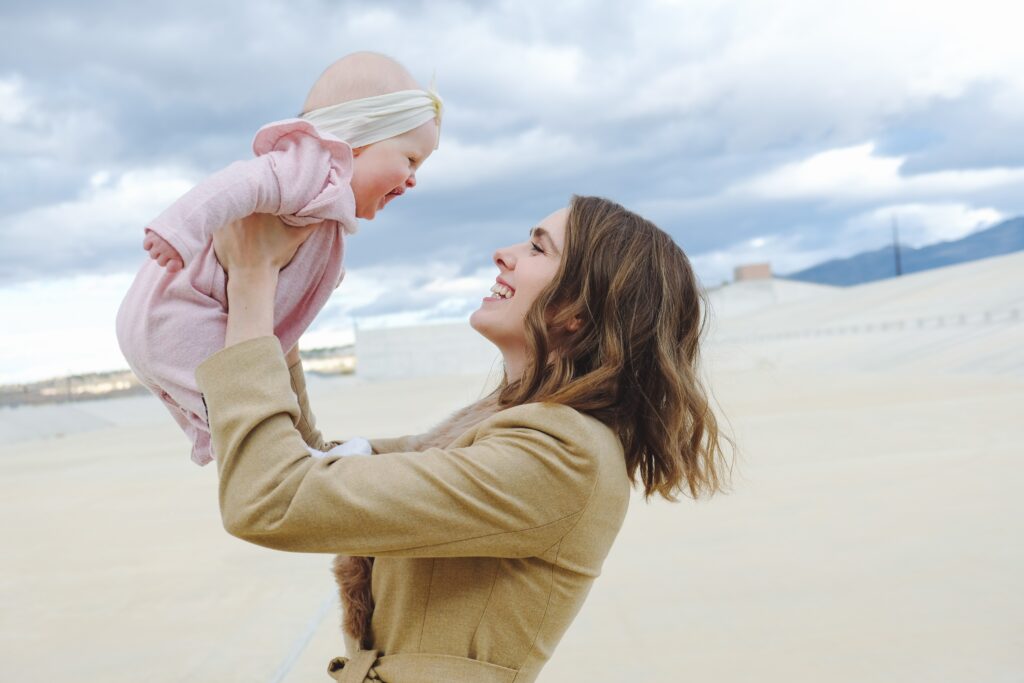Stolen Childhood: What is Parentification?

Parentification is a phenomenon in which children are forced to take on the role of caregiver for the parents and/or siblings, sacrificing their own needs in the process. It’s characterized by adult responsibilities unfairly placed on the child due to a parent’s inability or unwillingness to take on the responsibility themselves, and often in order for the child to earn the care and affection they should already be getting from the parent. This form of emotional abuse (sometimes categorized as neglect) affects possibly 1.4 million children from ages 8 to 18 in the United States every year as of 2017.
Two distinct types of parentification have been identified: instrumental and emotional. Instrumental parentification centers mostly around children doing physical jobs such as paying bills, cooking meals, or providing basic care to younger siblings. Emotional parentification, on the other hand, requires the child acting as a confidant, mediator, and/or therapist for one or both parents. When parents regularly acknowledge and support the child’s efforts, instrumental parentification can give the child a sense of competency and achievement, and is therefore seen as less damaging than emotional parentification. Unfortunately, it’s far more likely for both types to be present in a household.

Signs of Parentification
The following questionnaire was developed to identify parentification based on a child’s true or false answers. While the original version featured 25 questions, 2002 statistical tests have found it to be more reliable with 21. You can ask yourself these questions to determine if you might have been parentified.
- It seems like family members are always bringing me their problems.
- In my family I often feel called upon to do more than my share.
- I often feel more like an adult than a child in my family.
- In my family I often feel like a referee.
- In my family I often make sacrifices that go unnoticed by other family members.
- At times I feel I am the only one my mother or father can turn to.
- I often find myself feeling down for no particular reason that I can think of.
- In my family there are certain family members I can handle better than anyone else.
- I am very active in the management of my family’s financial affairs.
- My parents have enough to do without worrying about housework as well.
- I am very uncomfortable when things aren’t going well at home.
- It often seems that my feelings aren’t taken into account in my family.
- In my family I initiate most free time activities.
- I am at my best in times of crisis.
- It seems like there are enough problems at home without my causing more.
- If a family member is upset, I almost always become involved in some way.
- I often resent being asked to do certain kinds of jobs.
- I often prefer the company of people older than me.
- I am frequently responsible for the physical care of some members of my family.
- I am often described as mature for my age.
- It seems that I am usually the one held responsible for most of what happens.
Effects
During childhood, parentified children develop a sense of obligation to care for their parents, resulting in immense guilt whenever they fail to do so or attempt to meet their own needs. They learn to internalize their personal struggles to better focus on their many responsibilities in the hopes that they’ll finally receive the love that’s unlikely to ever come. They often end up in relationships with dependent people so they are once again in the parental role they’re most familiar with.
From essentially sacrificing their childhood and proper brain development, parentification leaves children vulnerable to a variety of issues once they grow into adults, including depression, anxiety, low self-esteem, anger management and trust issues, eating disorders, chronic feelings of guilt, sensitivity to rejection and disappointment, difficulty forming and maintaining relationships, masochistic and narcissistic personality disorders, and substance abuse.

Treatment
Unless you unlearn the “survival tactics” and harmful thought processes pushed upon you as a child, it’s likely that you will struggle to break the cycle of abuse and either allow yourself to be abused more, or pass that abuse onto someone else. But there is hope! Like any kind of trauma, the most effective way to heal from childhood parentification is to seek professional help. There are many therapists that are well-equipped to handle the damage that you’ve endured. Recovery is always possible!
Did any of this resonate with you? Have you or someone you know experienced parentification? Less us know in the comments!



I don’t know if it counts as parentification, but all my childhood I had to act like I was a perfect child that wouldn’t disturb other people, and that made me a shy and introvert person now. I have anxiety and often skip social things just because I don’t want to disturb. It really makes me feel a lot of these effects.
” . . . the damage that’s been done to you’ve endured.” in the next to the last sentence is grammatically incorrect. Possibly, ‘the damage that’s been done to you and you have endured.’
Thank you! I must have missed that
Thank you! I have just learned why I have lived as I have for years. I will now learn how to change my actions inspite of how my parents neglected me. Your article was very helpful.